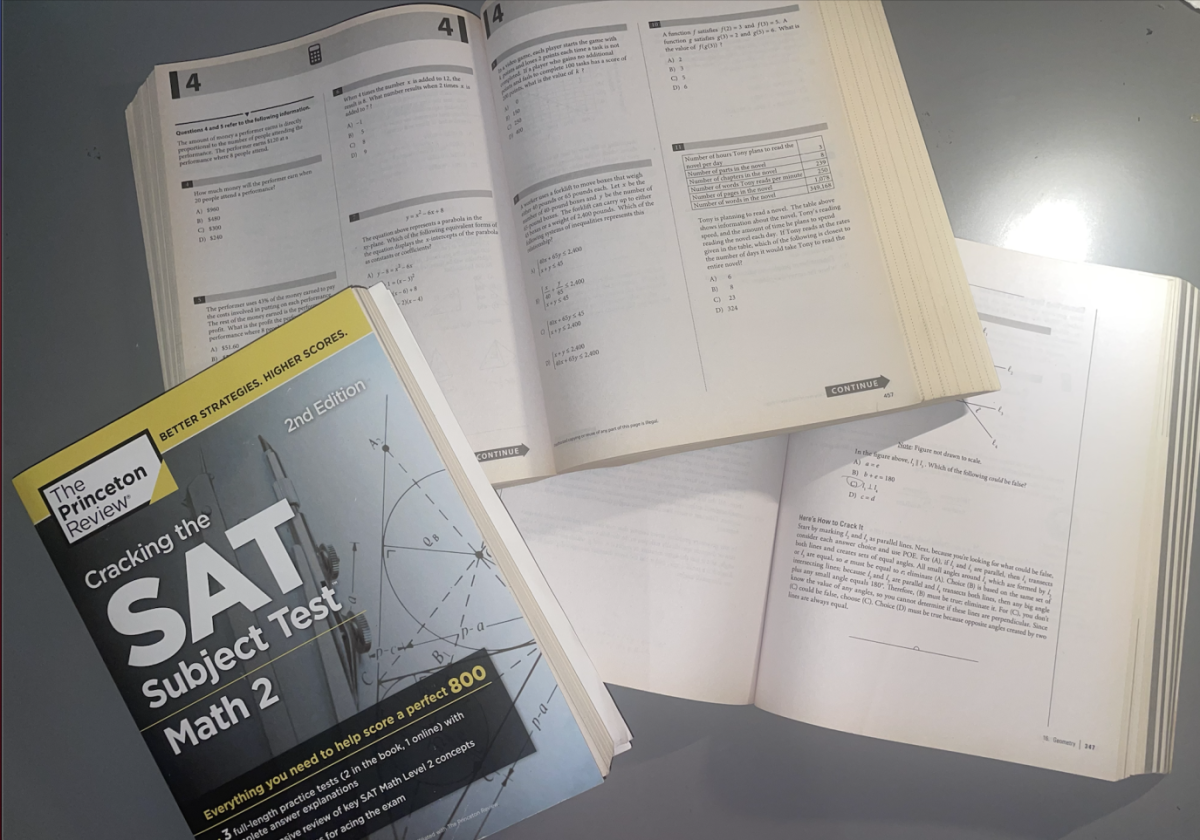Math is frequently dubbed as the most hated school subject. Students hunch over crumpled, tear-stained math homework papers, dreading the chapter test to come the following day. Overwhelmed in a state of immense confusion of x’s, y’s, and derivative’s, they mutter a despairingly angry, “when am I ever going to use this in life?” Most students share this common animosity for the perplexing math subject, like Kylie Tsai (12), who doubts, “I will ever need to use the math content I am learning in the near future – especially because I would never go for a STEM major.”
Students complaining about the practicality of math are not questioning why they had to learn basic arithmetic. It is the confounding formulas and problems solved in higher level math, like Calculus, that they criticize. And if truth be told, they are right. Most of the class will never go a day thinking about the distance or quadratic formula after graduating high school.
But when educators stress the importance of mathematical skills in our education, do they actually believe the multitude of “real life” word problems will come in handy? Or is it the analytic mindset they wish for students to develop?
Unless students are pursuing a career involved with mathematics, the answer would definitely be the latter. Fellow students from high schools across America also agree that math allows them to develop the skill of looking at a subject in various viewpoints(The New York Times). This skill is applicable to almost all areas of life. Not only are you thinking creatively, you are also logically analyzing the problem at hand. Planning the sequence of events, budgeting, decision-making – these are all few examples of when these skills are applicable to daily life.
Math’s value is not in memorization of functions or the unit circle; it is the mental discipline and rigor that is adopted through rational problem-solving and logical reasoning (Math Union). Especially at this progressive time when the school’s curriculum is often changing to better suit the future, if math truly was not beneficial to students’ developing brains, the curriculum would have already been adjusted. It is because of the critical, logical mentality students will develop and use for other academic subjects and yes – real-life problems they will come across, that math is held up as one of the most important courses of study.
For some students, math just adds to the overwhelming stress and anxiety that comes with school. But then again, the same could be said for history, or language arts – and neither can be denied what they can teach us about viewing – and functioning, in the world. Though with math comes much frustration, it is compensated with the perseverance that builds on our person.





























Lancy Shi • Dec 14, 2023 at 7:59 AM
I totally agree! Even though math is not my favorite subject, you did a great job explaining it’s importance and how it trains the brain to think
Cora Derby • Dec 14, 2023 at 7:58 AM
People always talk about math at school, but no one mentions its importance like this article does. Great job!